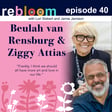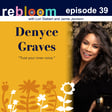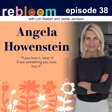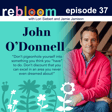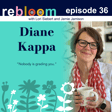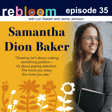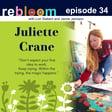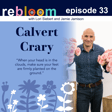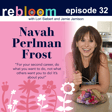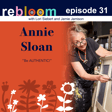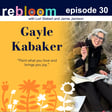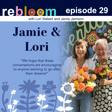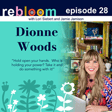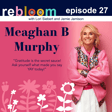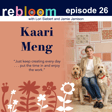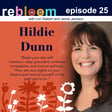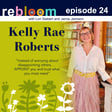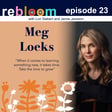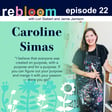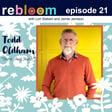
Jehane: To Be an Artist or To Be an Artist Agent or To Be BOTH!
Our conversation with Jehane take us Brighton England. Her journey is fabulous, and she shares how some of the seeds that were planted when she was a child have continued to bloom brightly throughout her life. Jehane is the creative heart and mind behind UK-based Illustration Agency; Jehane Ltd. A successful designer in her own right, Jehane has licensed hundreds of her own designs all over the world and was one of the first designers in the 1990's to use quotes and lettering in surface pattern—thanks to the inspiration of a fellow Brit named Shakespeare. Renowned for her exceptional eye and creatively developing concepts, Jehane personally represents 20 distinctive artists from the UK, Europe, USA, Canada, and New Zealand. Clients include Chronicle Books, LEGO, Anthropologie, Godiva Japan, and many more. Her journey, pivots and how she has grown a successful agency is a conversation you won’t want to miss!
Our Podcast is proudly sponsored by Jet Creative and UrbanStems! Jet Creative is a women-owned marketing firm committed to community and empowerment. If you are looking to build a website or start a podcast--visit JetCreative.com/Podcast to kickstart your journey.
UrbanStems is your go-to source for fresh gorgeous bouquets flowers and gifts delivered coast-to-coast! USE: BLOOMBIG20 to save 20%!
Subscribe to this podcast and follow us on Instagram and Facebook @rebloom.podcast
Jehane’s Links:
Jehane’s Golden Thread - weekly illustration challenge
Find your Art Agent - how to find your agent resource
Ocean Dreams Brief - free creative brief and moodboard
Your Creative Gold: The 2025 Edition - join the wait-list
